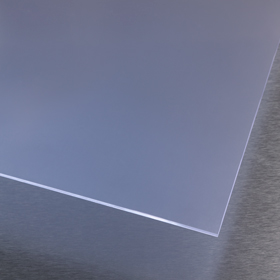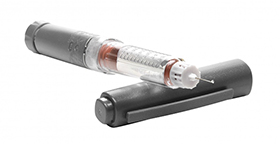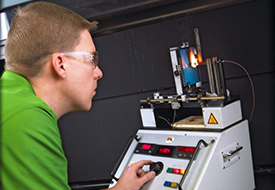Global custom engineered thermoplastics compounder RTP Company has introduced new thermally conductive compounds targeted at replacing metal components in automotive heating and cooling systems. The new products have been specially formulated to increase the thermal management design options available to automotive industry engineers as they strive to reduce vehicle weight to improve fuel efficiency.
“The automotive market is putting more emphasis on eliminating metals in order to reduce vehicle weight and increase fuel efficiency,” said Neil Hardwick, Conductive Products Marketing Manager for RTP Company. “These thermally conductive compounds from RTP Company give engineers the opportunity to redesign heating and cooling systems in ways that have never before been possible.”
Automobile systems that are ideal candidates for redesign using thermally conductive compounds include both air-cooled and liquid-cooled systems for batteries, emissions control, lighting modules, and electric vehicle thermal management. Thermal conductivity characteristics can be incorporated into a variety of resin systems including polypropylene (PP), polyethylene (PE), polybutylene terephthalate (PBT), nylons (PA), polyphenylene sulfide (PPS), and polyphthalamide (PPA) among others. All RTP Company products are available worldwide through their global network of full-service facilities that provide technical support from design through finished part production.
“RTP Company’s newest thermally conductive compounds actually provide thermal conductivity values that exceed that of stainless steel,” according to Hardwick. In-plane thermal conductivity values up to 35 W/(m.K) can be achieved using a variety of additives and can be either electrically insulating or electrically conductive. As a custom compounder, RTP Company has the ability to modify these thermally conductive compounds to meet the performance requirements of specific heating and cooling applications.
Thermally conductive compounds offer many benefits over aluminum or stainless steel for vehicles. Advantages plastics offer over metal materials include: the ability to provide electrical isolation, reduction in part weight by up to 50%, lower manufacturing costs and simplified production using efficient injection molding processing, and longer system lifecycles by eliminating corrosion.
Some thermally conductive compounds can also provide EMI shielding properties in addition to thermal conductivity. This is crucial feature for a replacement material in automotive system where metals have been used in a dual role as both an EMI shield and a heat sink. Building on years of experience formulating EMI shielding compounds, RTP Company can even increase the shielding effectiveness of its thermally conductive compounds when necessary.
Additional Information
- INNOVATION BULLETIN: Thermally Conductive Compounds
- DATA SHEET: Thermally Conductive Compounds















